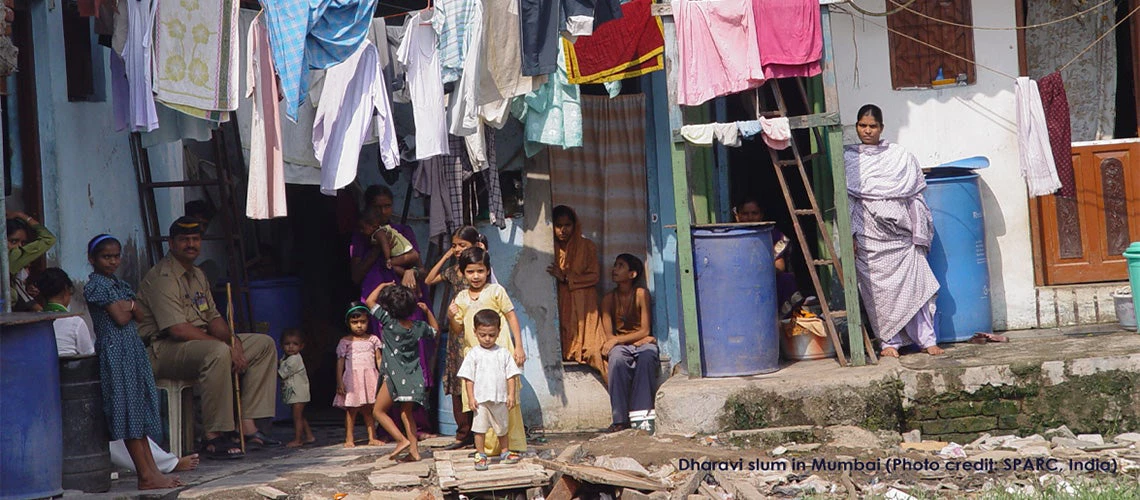 Slums in India with adults and kids sitting by colorful clothes hanging to dry.
Slums in India with adults and kids sitting by colorful clothes hanging to dry.
Back in April 2020, as an emergency response, the World Bank developed a tool to identify contagion risk hotspots within cities. In the first few months of lockdown, the Bank quickly created hotspot maps for 50+ cities using global datasets. However, informal settlements - where residents have shared access to basic services and can’t practice or follow social distancing due to overcrowding – weren’t necessarily identified as hotspots in most cities, due to a lack of disaggregated city-level data. To improve and validate contagion risk hotspot maps, the World Bank partnered with Slum Dwellers International (SDI), their local affiliates (support NGOs and urban poor federations), and Cities Alliance in eight cities.
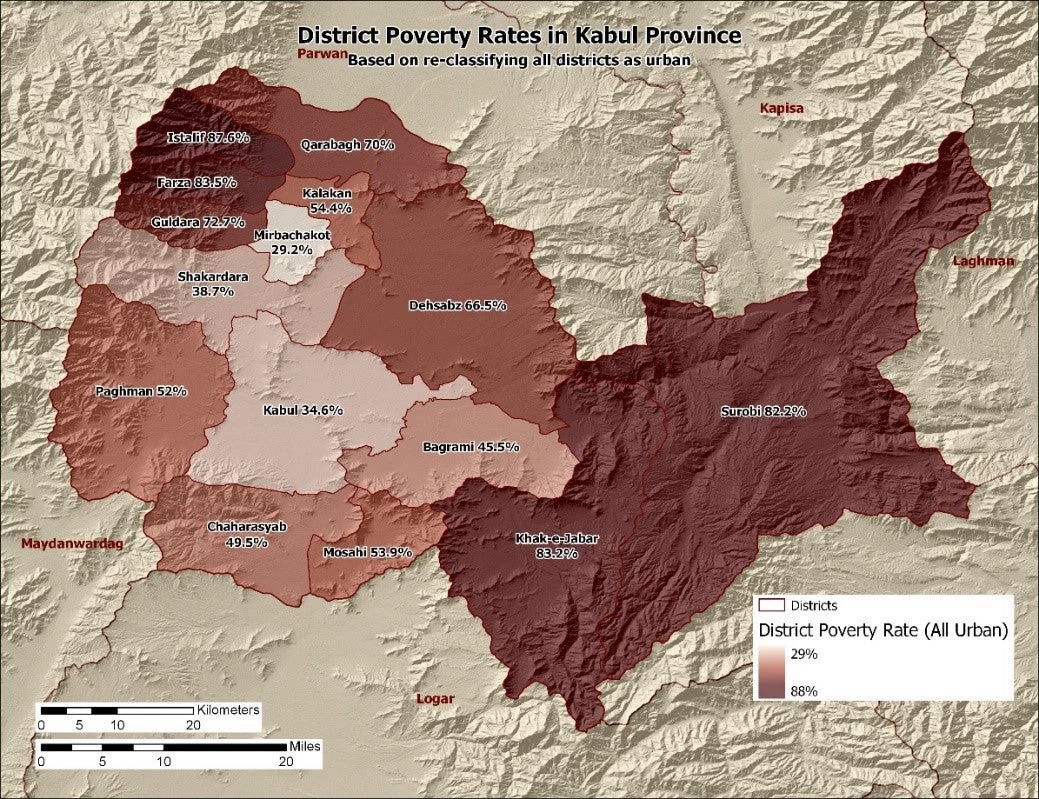
Lessons learned from this successful pilot go well beyond COVID-19 and its immediate response:
1. Community-led data collection not only provides spatially disaggregated data (which is often missing) but also qualitative data on social capital and priority needs of the local community. For example, while collecting geo-spatial data for informal settlements in selected cities, SDI proactively collected additional qualitative data for 200+ informal settlements accommodating 1.6 million people. That new data showed a disproportionate pandemic impact on lower-income communities. Focus group discussions highlight negative coping strategies—from reducing meals to child labor- that residents adopted to survive the socio-economic pandemic impacts and their priority needs amidst protracted after-effects of the pandemic: unemployment, micro-enterprise failure, evictions, teen pregnancy, school dropouts, and food insecurity.
2. Although other datasets (from remote sensing data to census data) are useful, they cannot substitute granular data required for evidence-based decision-making. Granular data on 11,000 service delivery points within informal settlements of pilot cities improved insights on spatial inequality and existing conditions. For instance, 2000 people share a toilet in a few settlements of Accra, Kisumu, and Freetown. Not only is finding a sanitary public toilet every day difficult, but fear of contagion and fear of assault against women, led to more residents practicing open defecation during the pandemic, thereby compounding other health risks. Additionally, inadequate and interrupted waste collection services during COVID-19 in a few settlements worsened flooding impacts and led to internal displacement.

3. In a crisis, locally organized communities and grassroot organizations are front-line responders who can potentially bridge last-mile delivery gaps, but we need to strengthen their capacity. Cities where local governments and communities worked together responded to crises efficiently, proving such partnerships should be incentivized. For instance, SDI's local affiliate, Mungawoo wa Wanavijiji, worked with Nairobi metropolitan authorities and the local community to collect real-time granular data for informal settlements; track infections; identify isolation areas; and spread awareness. However, its empty rhetoric to acknowledge local communities as frontline responders to crisis if we do not link them with a sustained effort to strengthen local capacity and utilize community knowledge to resolve key urban challenges.
4. Post-pandemic recovery and climate-change planning provide a window of opportunity to recognize local communities as agents of change and partner with them for green, resilient, and inclusive cities. Those most affected during this pandemic or due to climate change impacts have the least voice in the
governance and development of their cities. This must change. The COVID-19 pandemic amplified existing urban challenges and added new ones. Nearly 100 million additional people are living in extreme poverty, and many of them live in cities and work in the informal sector. As we work toward inclusive recovery in post-pandemic cities, and city-level climate strategy and action plans, we need to build upon pivotal roles played by local communities, such as women’s saving groups, informal leaders, and grassroots organizations. This can be done by partnering with them to co-create contextually relevant solutions and co-lead locally-led adaptation. Community-led data collection can be a starting point - a win-win model that can underpin integrated bottom-up planning processes, and lead to varied direct and indirect benefits.
Putting the pieces together
The World Bank and SDI, with their comparative advantage, respective networks, partnerships, and experience, are well-positioned to scale up this community-driven bottom-up planning together. Working together on this pilot project has led to cross-learning, a valued exchange of knowledge, and respect for complementary roles - which if routinized can produce a wide range of outcomes and can have profound impacts at the local and global levels.

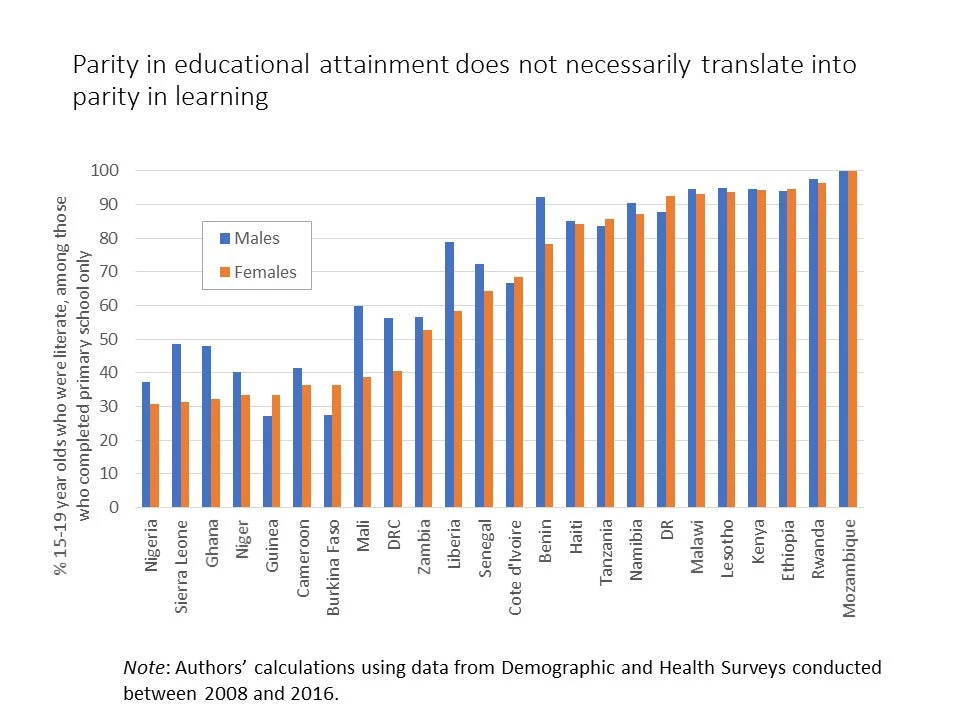

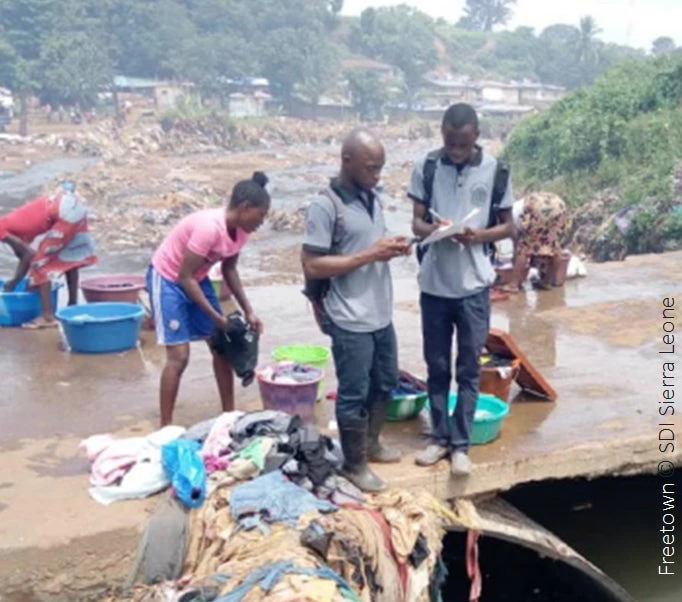

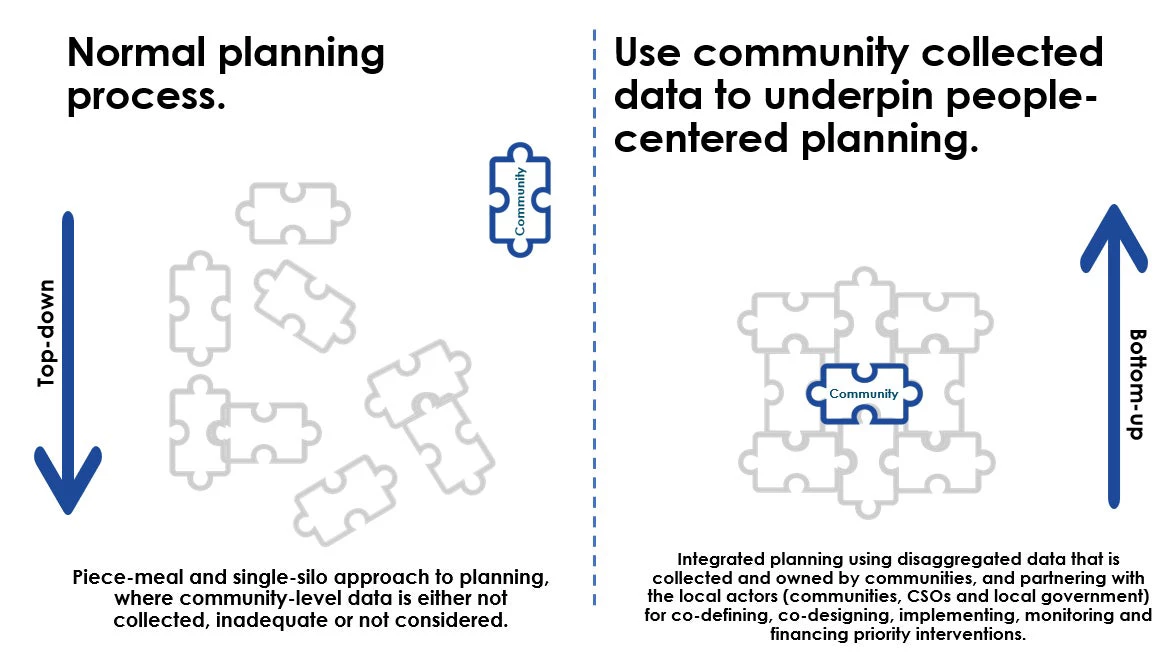
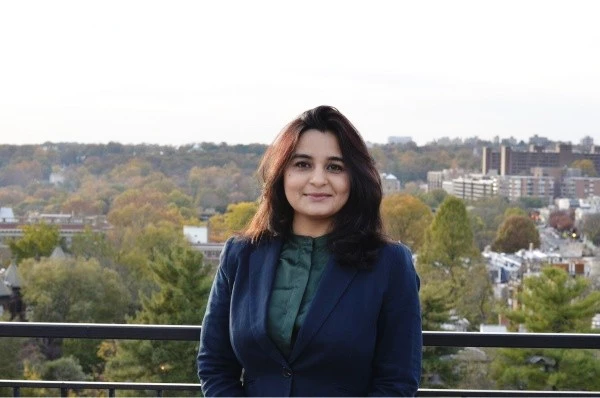
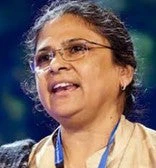
Join the Conversation